El Salvador is not known one of football's traditional giants.
Indeed, its biggest claim to fame is tinged with tragedy: participation in the 'Football War' against Honduras, a short, bloody conflict in 1969 that was sparked following rioting during a World Cup qualifier between the two nations.
However, the Central American nation can point to one unforgettable talent in order to preserve its pedigree in the sport.
Jorge Gonzalez has become a cult figure thanks to not only the outstanding ability that led to him being universally dubbed 'El Magico', but also due to his lackadaisical approach to football and constant, infuriating indiscipline.
Gonzalez was already a favourite in his native El Salvador when, at 24, the 1982 World Cup gave him the opportunity to show off his talents on a global stage.
Next Match
It is fair to say that El Salvador's hopes of success in Spain were modest: to start with, they sent a squad of just 20 players to the finals as a cost-cutting initiative, while the day before their opening clash against Hungary, the side were unable to train as their FIFA-allocated balls had been stolen.
Hungary were pitiless, running out 10-1 winners to record the biggest scoreline in World Cup history. Following that first shock, however, El Salvador pulled themselves together. They lost just 1-0 and 2-0 to Belgium and reigning champions Argentina, respectively.
Despite those adverse results, El Magico had shown enough of his mazy dribbling and superb technique to gain a host of admirers, with the likes of Atletico Madrid, Paris Saint-Germain and NASL's Los Angeles Aztecs all interested in his services. PSG had come in with a huge offer after being dazzled by his quick feet during a pre-World Cup friendly but were left disappointed when Gonzalez failed to show up to sign his contract.
It was ultimately Cadiz – back in the Spanish second division after just one season among the elite – who won the race for Gonzalez's signature. There was born a love affair that would last almost a decade.
El Magico scored 15 goals to help the Andalusians seal promotion, becoming an instant fan favourite. His signature move was the 'culebrita macheteada', a precursor of the elastico so beloved by Ronaldinho which left defenders across Spain looking very foolish indeed.
His talents also caught the eye of Barcelona, who in 1984 invited the Salvadorian on a pre-season tour of the United States. The prospect of El Magico and Maradona sharing a team was tantalising, but aside from those lost friendlies, it never became reality.
Already wary of Gonzalez's indiscipline, Barca's mind was made up in Los Angeles when he refused to leave his hotel room to answer a fire alarm that had been pulled as a prank by Diego. Why? Gonzalez was entertaining a lady friend at the time.
“I had heard about the prank and didn't want to go down. But, in the end, they forced me because the security there is very strict,” he recalled to El Pais. “I told them it wasn't me (who had the girl in his room)!"
Unsurprisingly, Maradona was a huge fan of his fellow playmaker – and mischief-maker.
Veteran journalist Bruno Passarelli accompanied the Argentine to Napoli's summer training camp following his 1986 World Cup triumph, where he was greeted by a chorus of “Maradona is better than Pele”.
“Do you hear them?” Passarelli was asked by the iconic No.10. “These fans are great but what they don't know is that there is a player even better than Pele and I. He is Jorge Gonzalez, el Magico, and he still plays in Cadiz – he's phenomenal.”
When the reporter confessed that he had never heard of this mythical figure, Maradona signed off with a withering phrase as he trotted off to training: “Then go and find out, ignorant man.”
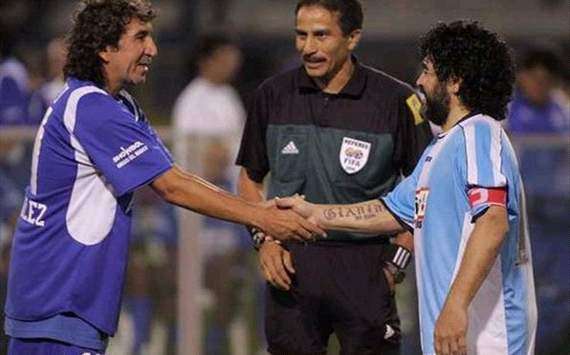
“Technically, he was better than Maradona,” agreed David Vidal, who for eight years took Gonzalez under his wing as Cadiz assistant and first-team coach from 1982-90. The problem lay elsewhere: El Magico possessed such a lax work ethic and love for nightlife that he made Diego appear a model professional.
He spurned countless offers from Europe's top clubs to stay at Cadiz, largely because of Vidal's indulgence of his extravagant off-field behaviour.
“I had a very personal relationship with him and after morning training he would ask me, 'What are we doing this afternoon?'” the coach told Marca.
“If I told him we had fitness training, he wouldn't show up. He didn't like to work without the ball, he would say 'I'm not going' and that was that.”
On more than one occasion, Vidal took it upon himself to scour Cadiz's nightclubs in the early hours in order to send his wayward charge home to bed, with Gonzalez once hiding under the DJ booth in order to avoid his trainer.
“I like living my way. I tried to go as far as I could, but sometimes I didn't make it,” he told El Pais. "Not because I didn't want to, but sometimes I would get home a little late.
"Occasionally, I'd be caught going around at the wrong time... but it reflected badly on me as a footballer, more so because I was foreign and something of a repeat offender.
“I came from amateur football and used to wonder why I was pressured so much.”
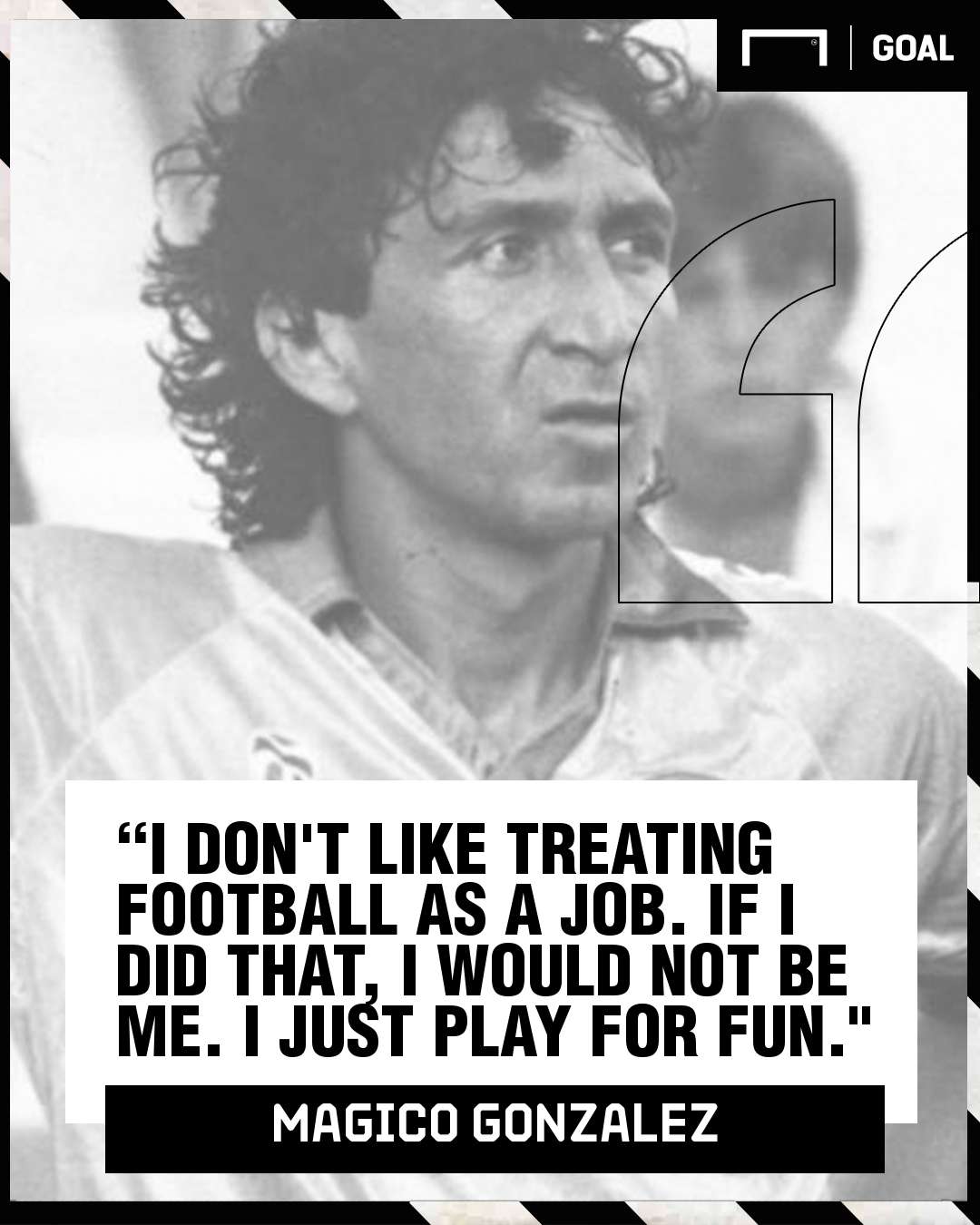
Gonzalez spent a total of eight seasons at Cadiz before returning to El Salvador in 1992. His spell coincided with the most successful period in the club's history, as they spent several seasons rooted comfortably in mid-table of the Primera Division and even reached a Copa del Rey semi-final.
There was an ill-fated stint with Valladolid three seasons into his stay in Spain that ended with him going AWOL and leaving the game for 18 months.
“I spent it in Tijuana like a crazy person. I spent all my money. Somehow, I ended up in Los Angeles... It was horrible but I enjoyed it,” he confided to La Grafica.
However, Gonzalez never played in another European country and he ended up making more than 200 appearances for Cadiz.
Perhaps if Gonzalez had been able to avoid the nightclubs, get to training on time and give his best in every game, he could have surpassed even Maradona as a football great.
But then, just maybe, he would not have been El Magico at all, and would have lacked the spark that made him an idol to a Cadiz support that forgave his every slip. Maybe he wouldn't still be regarded as one of the game's cult heroes.
“I don't like treating football as a job. If I did that, I would not be me.” he told Cadiz's El Diario at his peak in the 1980s. “I just play for fun."
For all his transgressions and unrealised potential, the game would be a poorer place by far were it not for personalities like the eccentric Salvadorian.
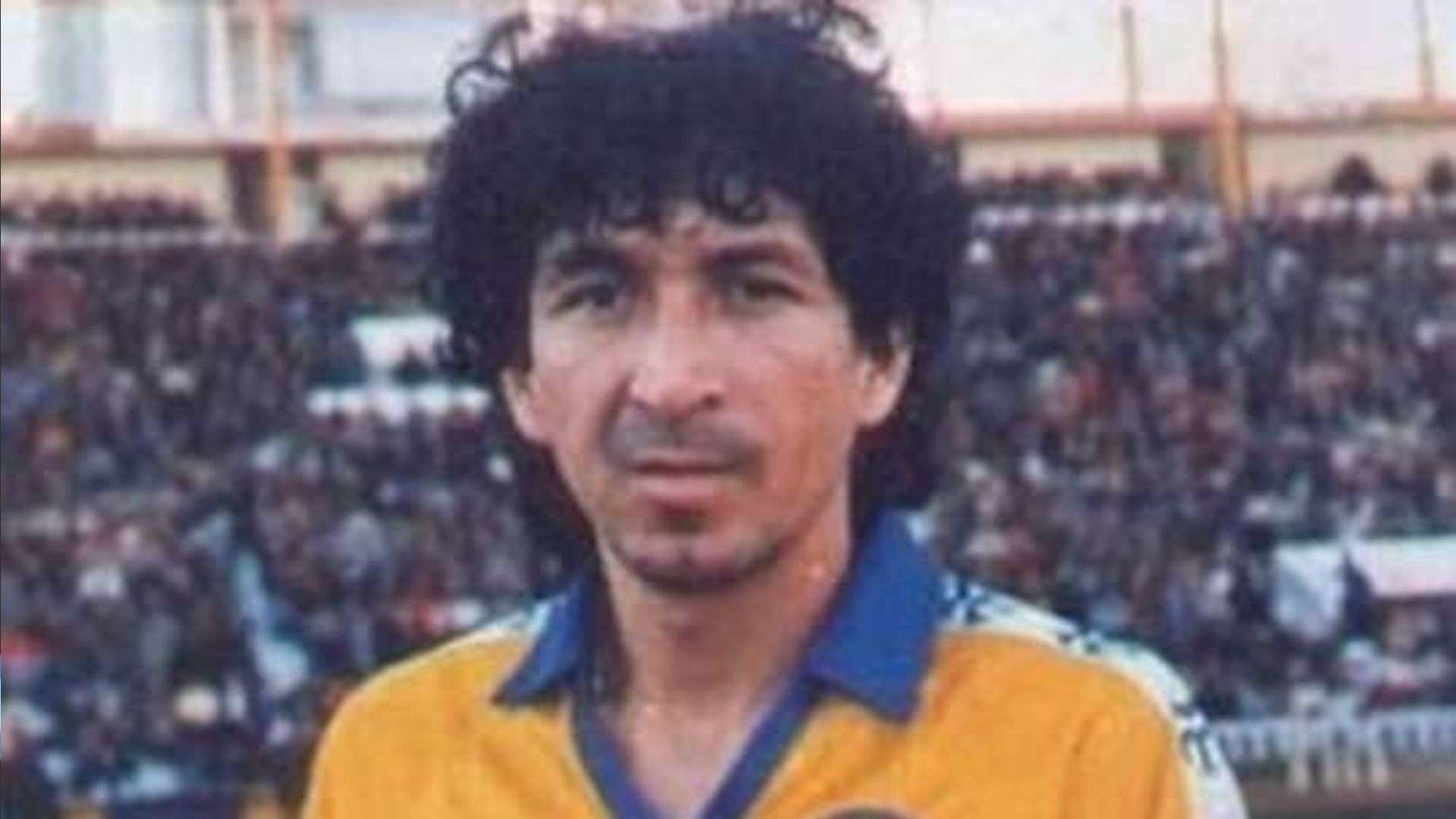



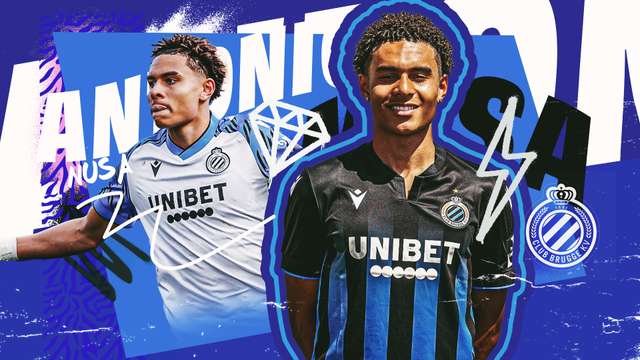
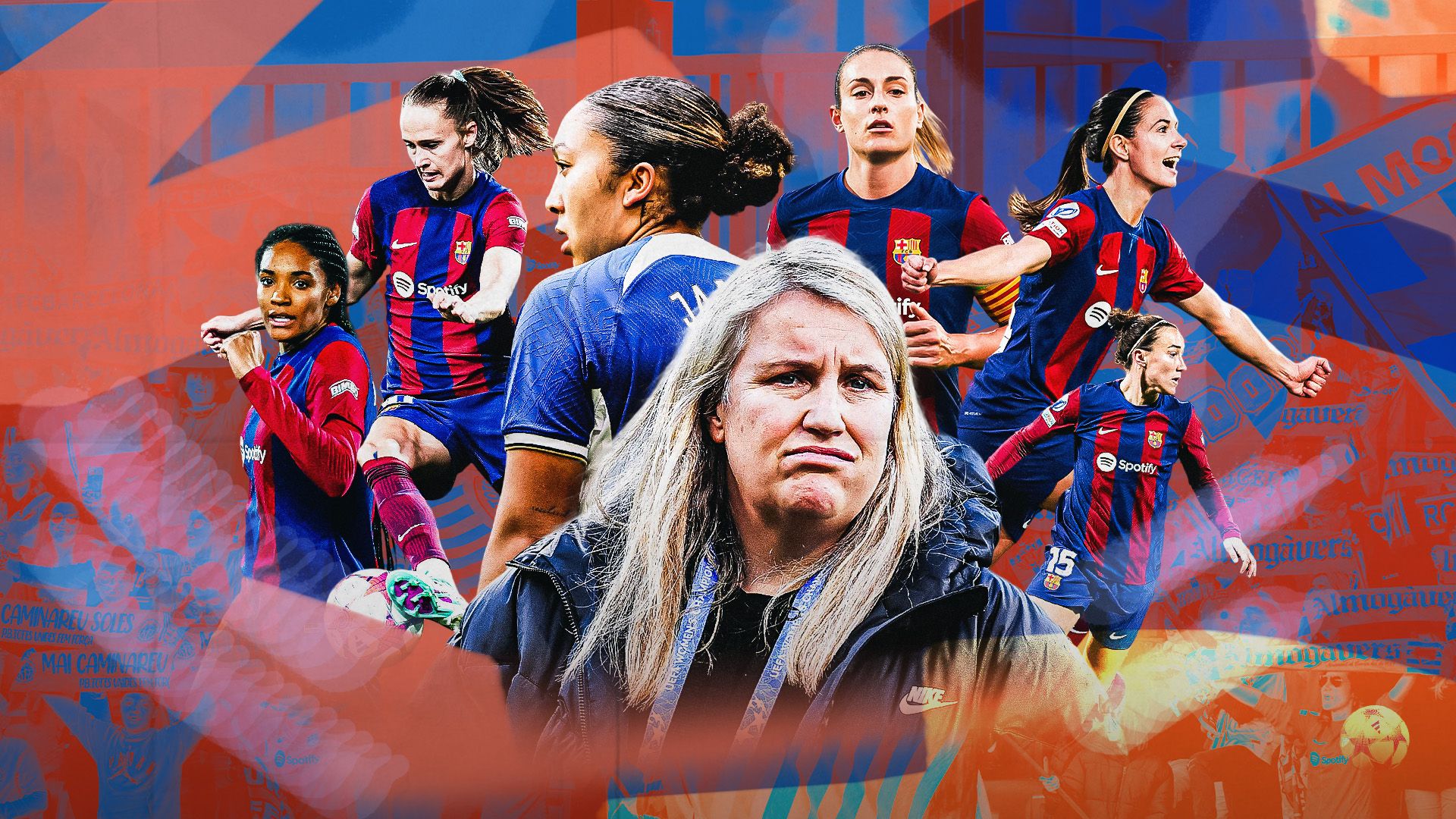.jpg?auto=webp&format=pjpg&width=640&quality=60)
.jpg?auto=webp&format=pjpg&width=640&quality=60)